Multiple Sclerosis: A New Paradigm
Multiple Sclerosis (MS) is an inflammatory, autoimmune and degenerative disease of the central nervous system (CNS). Depending on the region affected, MS is a CNS disease of complex evolution n, and is individual for each patient. However, clinically it has been recognised that in 85% of patients, the disease starts with a relapsing-remitting form. In a genetically predisposed patient, certain components of Gram-negative bacteria living in the mucous biotope would lie at the origin of immune system reactivation and the autoimmune components involved in the destruction of the actual tissues targeted. Thus, a new paradigm can be proposed; the Gram-negative bacteria that live in the intestinal epithelium and on other mucosal barriers, frequently rendered fragile by different external agents, would stimulate the immune system. This book presents and discusses research in the study of this new paradigm.
{{comment.content}}
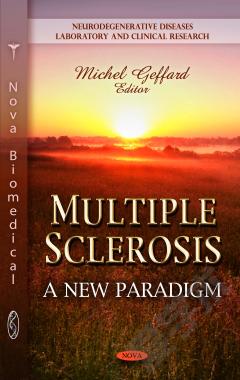
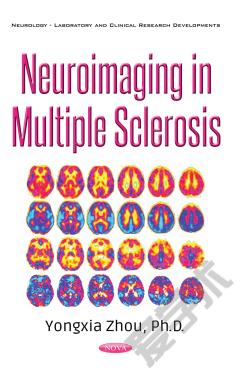
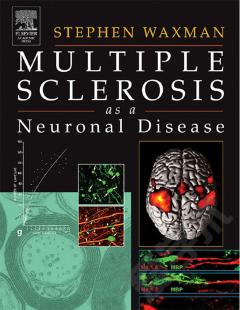

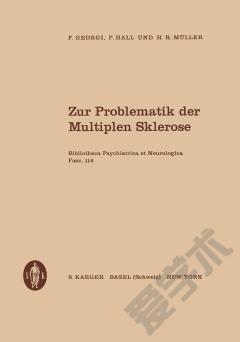

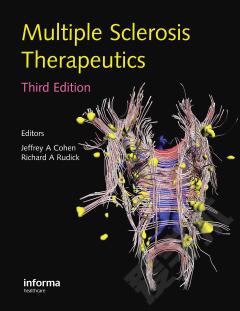

 京公网安备 11010802027623号
京公网安备 11010802027623号